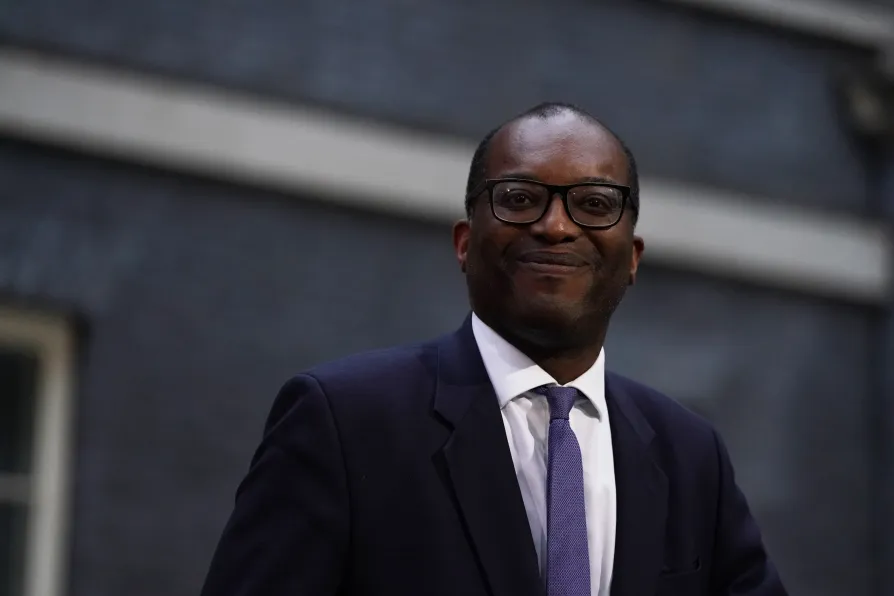Kwarteng’s sacking of Treasury official signals ‘problematic’ shift away from impartial advice, ex-Civil Service head warns

 Kwarteng’s sacking of Treasury official signals ‘problematic’ shift away from impartial advice, ex-Civil Service head warns
Kwarteng’s sacking of Treasury official signals ‘problematic’ shift away from impartial advice, ex-Civil Service head warns
THE sacking of Kwasi Kwarteng’s most senior Treasury official marks a “problematic” shift towards ministers only picking staff who agree with them, an ex-Civil Service head has warned.
Ex-Whitehall chief and independent crossbencher Lord Kerslake said the “disgraceful” dismissal of Sir Tom Scholar could create a “chilling effect” on civil servants to challenging decisions by ministers.
The Chancellor’s sudden sacking of Sir Tom, who had worked in the Civil Service for three decades, on his first day in office last week, sparked a Whitehall backlash.
Similar stories














